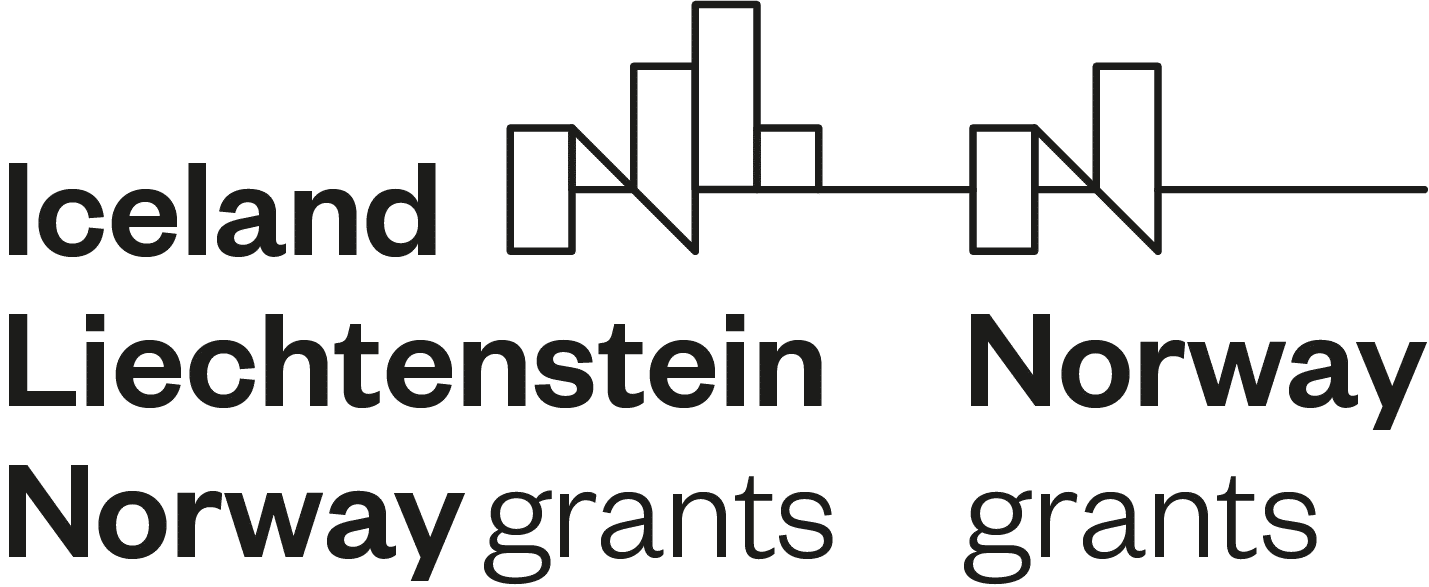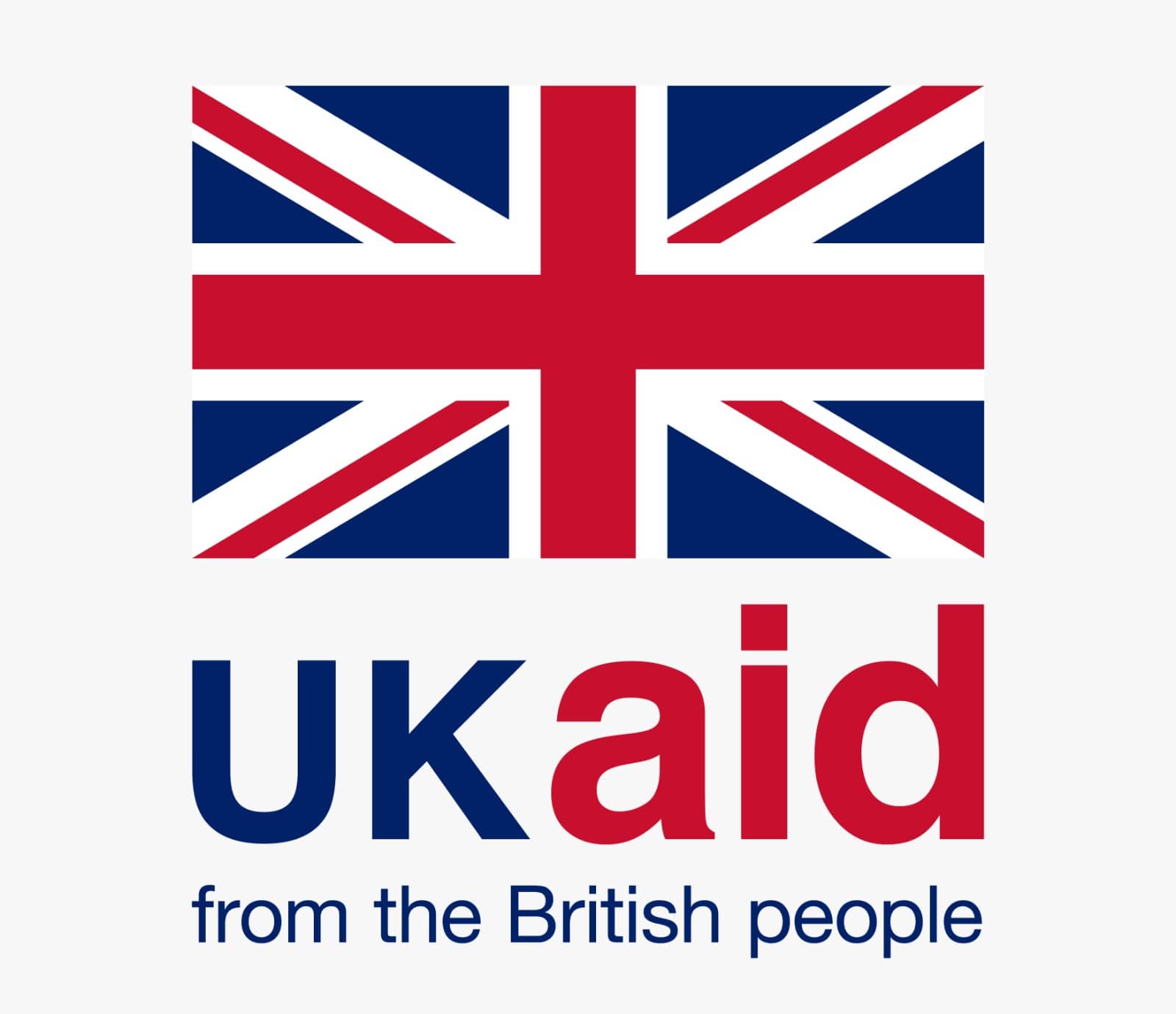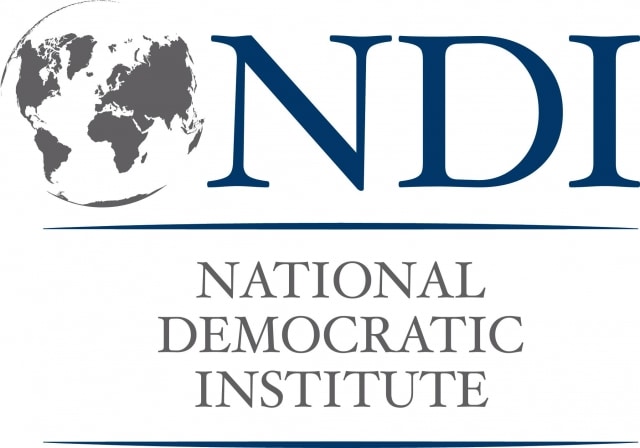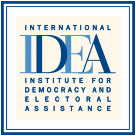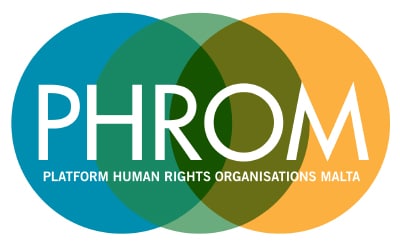Community Responses to the COVID-19 Crisis
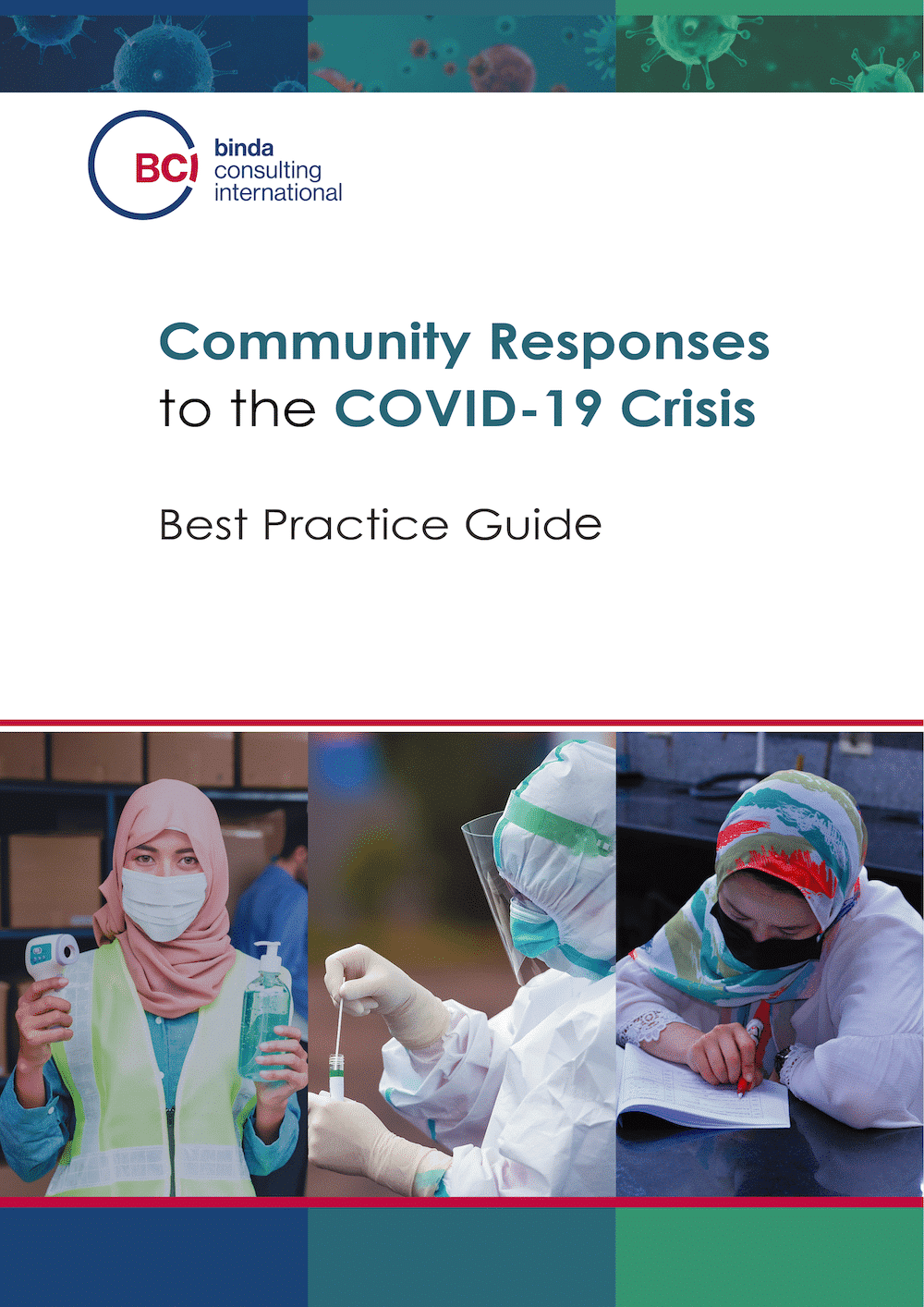
Best Practice Guide
In early 2020, the Novel Coronavirus (COVID-19) struck almost every corner of every country in the world. The shocking spread of the virus overwhelmed public services, exposing vulnerable populations to isolation, increased hardship, and violence. As with most crises, civil society organisations jumped in to fill gaps and assist communities with creativity and selfless energy. BCI has collected examples of community responses to support virus mitigation efforts, care for the most vulnerable and provide life-saving services.
Why this guide?
This guide is the result of the Taking the Lead (TTL) project supporting Libyan CSOs to respond to the COVID-19 pandemic in their communities.
In 2020, The COVID-19 pandemic added a new layer of crisis to Libya, already buckling under the stress of long-term conflict. In response, an international consortium of Binda Consulting International (BCI) and the Institute for War and Peace Reporting (IWPR) worked with civil society partners to increase their capacity to engage, identify priorities and propose and implement workable solutions to meet the needs of women and girls and respond more effectively to the impact of the COVID-19 crisis and the recent surge in the conflict in Libya. Above all, engaging women in local development and decision-making processes reinforces and cements community partnerships and ensures that decisions reflect the priorities of women and girls.
Therefore, this guide provides CSOs with global examples of community responses to the COVID-19 crisis. The illustrations are in no way exhaustive of the tens of thousands of efforts of citizens coming together to support their communities in a time of crisis. The authors hope the examples provided in this guide inspire activists to adapt and respond to similar needs in their communities.
The Taking the Lead project was funded by the Government of the United Kingdom of Great Britain and Northern Ireland and benefited from the ongoing support of the staff from the UK Embassy in Libya.





